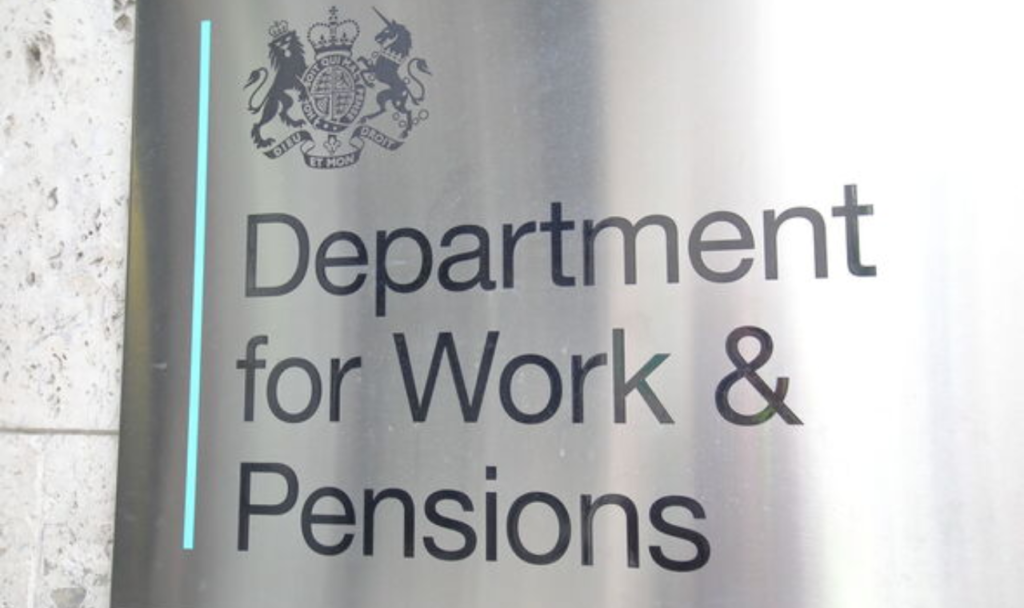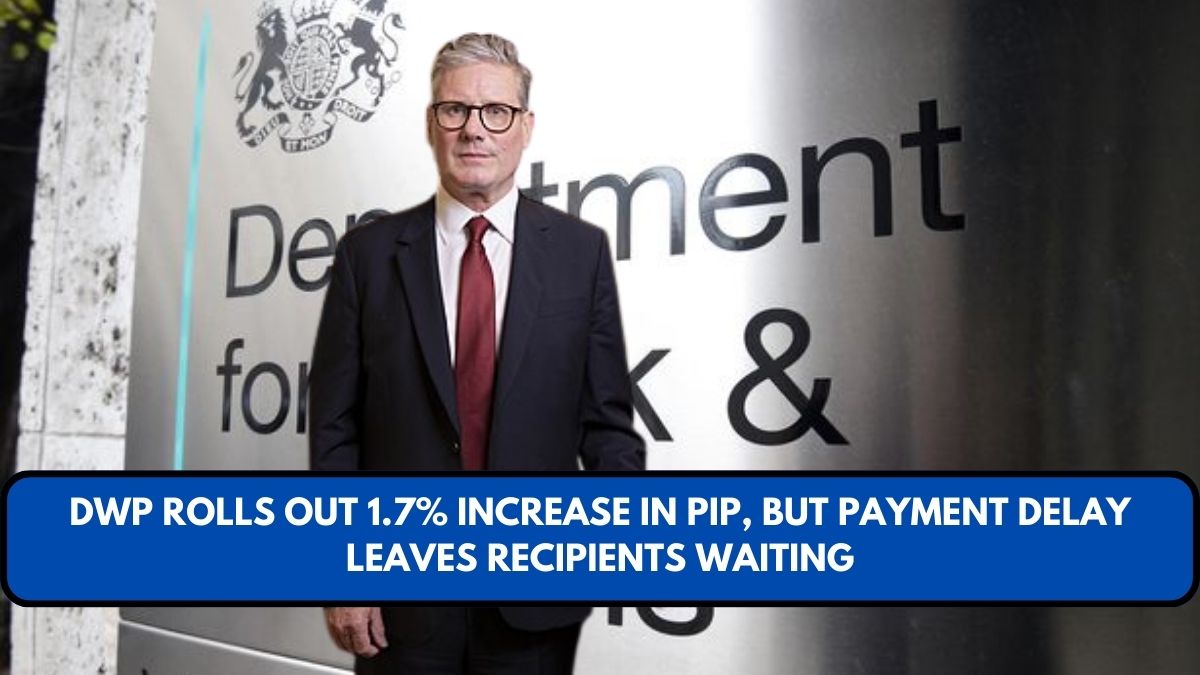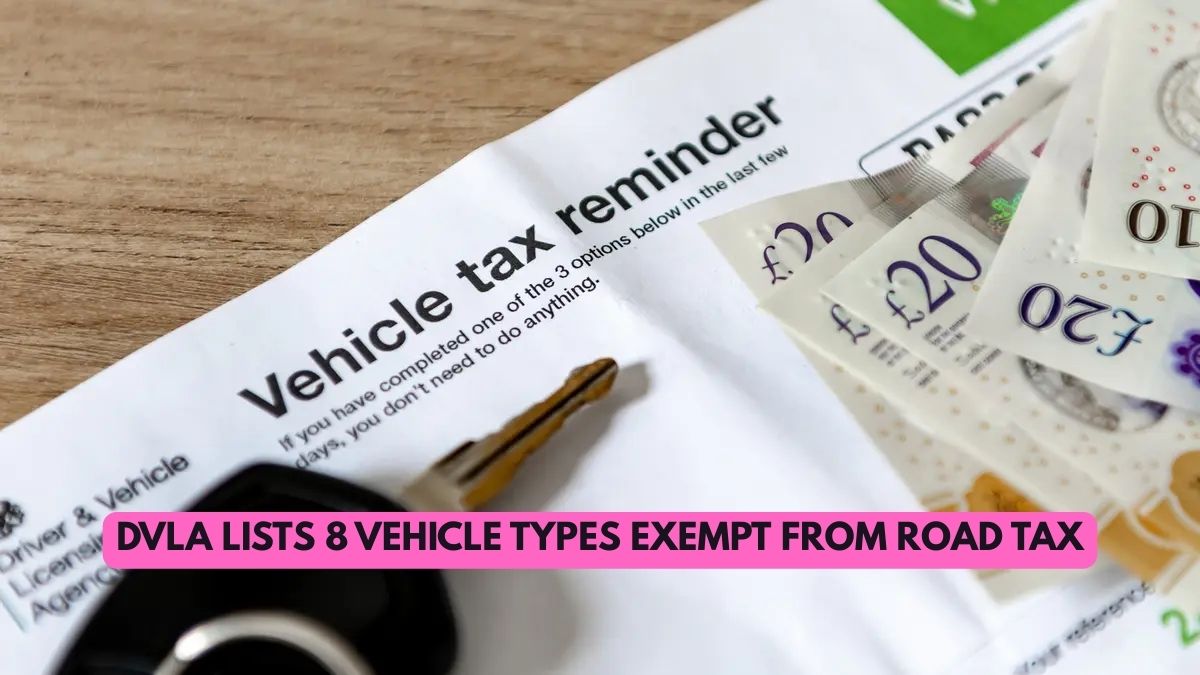The Department for Work and Pensions (DWP) has made a significant change to the welfare system by announcing the abolition of a benefit that has been a financial lifeline for many claimants. The benefit, known as Adult Dependency Increases (ADIs), is being discontinued, leaving thousands of recipients uncertain about their financial future.
What Is the Adult Dependency Increase (ADI)?
Adult Dependency Increases (ADIs) were additional payments made to claimants who were supporting a spouse or partner who had limited income or resources. These increases were meant to help individuals who had a dependent adult, typically a spouse or partner, and were intended to ensure that the family unit could maintain a reasonable standard of living.
However, in a move to streamline welfare payments and re-focus resources, the DWP has decided to abolish ADIs. As a result, those who were previously receiving this benefit will no longer receive these payments. This change marks a shift in government policy aimed at reforming the welfare system, making it more targeted and efficient, but it has left many claimants scrambling to understand their next steps.
Why Is the ADI Benefit Being Abolished?
The DWP has indicated that the decision to remove the Adult Dependency Increase is part of a broader effort to reform the welfare system. These changes are designed to prioritize resources for those who are most in need, ensuring that funds are allocated where they are most beneficial.
The abolition of ADIs is likely part of the government’s wider aim to promote employment and reduce dependency on state benefits, particularly for people who may be able to work but are receiving support based on their partner’s dependency. While the DWP has not specified exactly how much money will be saved from this move, it is clear that the policy is intended to make welfare payments more focused and equitable.
Impact on Claimants
For those who were receiving ADIs, the end of these payments could have a profound impact. Claimants have been urged to take immediate action to avoid losing out on other potential benefits or support services. It is crucial that those affected by the change notify the DWP of any changes to their circumstances as soon as possible.
Failing to do so could lead to a loss of entitlement to other forms of welfare, including Universal Credit, Employment and Support Allowance (ESA), or Personal Independence Payments (PIP). These changes may also affect other benefits related to housing or child support, as the loss of ADIs may push some families below the income threshold for other support programs.

Steps Claimants Should Take
If you were receiving ADIs, the DWP recommends that you:
- Contact the DWP: Get in touch with the Department for Work and Pensions directly to discuss your situation. They can provide advice and guide you through the changes. You can find contact details on the DWP website.
- Check Your Eligibility for Other Benefits: With the abolition of ADIs, it’s important to check if you qualify for other support. Benefits like Universal Credit or ESA could help bridge the gap for those who are no longer receiving ADIs.
- Keep Track of Changes: Monitor any communications from the DWP about further changes to benefits. The government has been implementing various reforms, including changes to the Personal Independence Payment (PIP) system and Disability Living Allowance (DLA), which could affect claimants with long-term illness or disabilities. These reforms are aimed at better targeting financial support to those with the highest needs.
- Consult Support Networks: Many charities and support groups provide free advice to people affected by welfare changes. Organizations such as Citizens Advice or the Disability Rights UK offer expert guidance on navigating benefit changes and securing alternative support.
Broader Welfare Reforms
The abolition of ADIs is not an isolated change. It is part of a wider trend of welfare reform, particularly targeting benefits for disabled people and those with long-term illnesses. These reforms are aimed at ensuring that state support is better targeted to those who need it most, particularly those with the highest care or employment support needs.
Critics, however, have raised concerns that these changes could have unintended consequences. In particular, there are fears that the welfare reforms may make people with disabilities or long-term health conditions “invisible” in the local support system. Some critics argue that the cuts to welfare could worsen poverty and marginalization for vulnerable groups.
For example, recent changes to Personal Independence Payments (PIP) have raised alarms, with claimants warning that the assessments have become more stringent, making it harder for people with disabilities to qualify. Many individuals who were once eligible for PIP are now facing cuts to their support, adding to their financial and emotional strain.
Final Thoughts
For those affected by the abolition of ADIs, it is crucial to act swiftly. The DWP’s advice to get in touch with them as soon as possible cannot be stressed enough. Staying informed and proactive will ensure that claimants receive the appropriate support during this period of change.
While the government insists that the aim is to focus resources on those most in need, the immediate impact on many vulnerable claimants is clear. Whether through direct assistance from the DWP or support from external organizations, the key to navigating these changes will be prompt action and careful planning.
To stay updated on any future changes to benefits, including the status of PIP and other welfare reforms, visit the official Gov.uk website.










